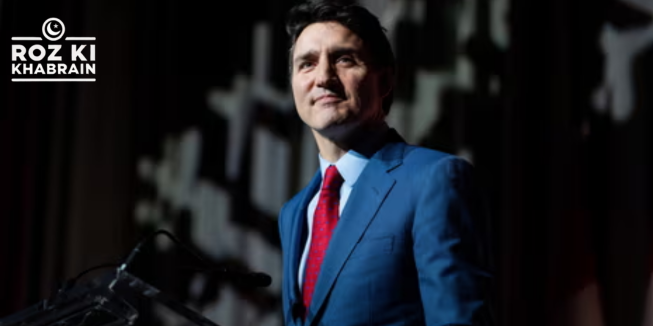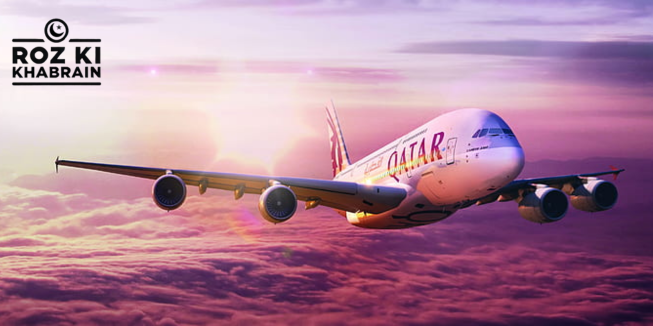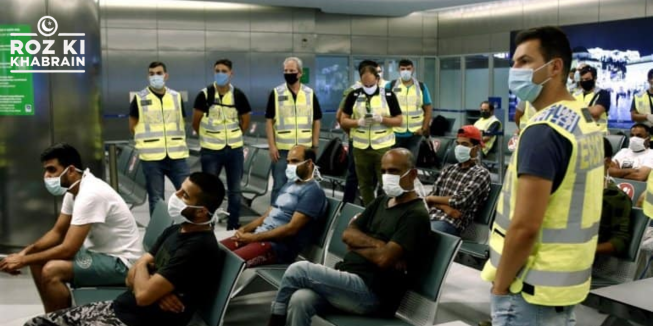Canadian Prime Minister Justin Trudeau has announced his plan to step down in the coming months, concluding his nine-year tenure amid growing discontent over issues like rising food and housing costs, as well as immigration challenges.
This decision comes after increasing pressure from within his own Liberal Party, especially due to disappointing pre-election polling. At 53 years old, Trudeau, the son of former Prime Minister Pierre Trudeau, will continue to serve until the party selects a new leader.
His resignation follows a series of setbacks, including the recent departure of Finance Minister Chrystia Freeland, one of his closest allies. With a federal election expected by October, the Liberal Party now faces a leadership vacuum.
Here are some potential candidates to replace Trudeau:
Chrystia Freeland
Freeland, 56, Canada’s former finance minister, is widely regarded as a leading contender. A former journalist and the first woman to hold the finance portfolio, she has played a key role in shaping Canada’s economic policies, including the negotiations for the United States-Mexico-Canada Agreement (USMCA). However, tensions between her and Trudeau over policy direction, especially regarding US tariffs, led to her resignation. Her leadership is viewed as a stable alternative for the Liberals.
Mark Carney
Carney, 59, a renowned economist and former governor of both the Bank of Canada and the Bank of England, is another strong possibility. Carney’s leadership during the 2008 financial crisis and his experience in global finance have earned him considerable respect. Though he lacks political experience, Carney has shown interest in entering politics and could potentially secure a seat in Parliament if he runs for leadership.
Dominic LeBlanc
LeBlanc, 57, is a close ally of Trudeau and is currently serving as Canada’s finance minister after Freeland’s departure. LeBlanc has held several significant roles in the government, including minister for fisheries and oceans, and has worked closely with Trudeau for years. His extensive experience in government and longstanding relationship with the prime minister could make him a strong candidate.
Melanie Joly
At 45, Joly, Canada’s Minister of Foreign Affairs, has been prominent in international diplomacy, particularly in managing relations with the US. A staunch supporter of Trudeau, her leadership could help the Liberals retain influence on the international stage. However, her candidacy could be complicated by legal challenges concerning military equipment exports to Israel.
Francois-Philippe Champagne
Champagne, 54, is currently the Minister of Innovation, Science, and Industry, with a background in various cabinet positions. Known for his firm stance on US tariffs, his diplomatic experience and expertise in trade negotiations could position him as a viable contender for leadership.
The Road Ahead for the Liberals
While current polls indicate a Conservative win under leader Pierre Poilievre, the choice of a new Liberal leader could alter the political landscape. However, many analysts remain doubtful about the Liberals’ ability to recover ground in the short term, given their substantial deficit in the polls.
McGill University professor Daniel Beland notes that while Trudeau’s resignation could provide a temporary boost, the timing leaves little room for a new leader to prepare adequately for the upcoming election. Despite this, the leadership transition could offer a brief reprieve for the party, with the new leader likely stepping in just as the election campaign kicks off.
With Trudeau’s departure, Canada’s political future looks set for a new chapter. The key question is which candidate will unite the Liberal Party and reverse its fortunes in time for the October election.




